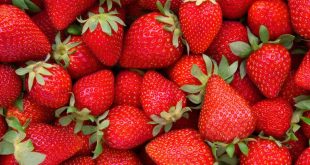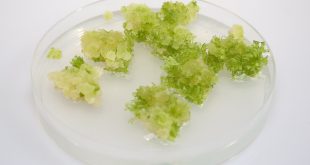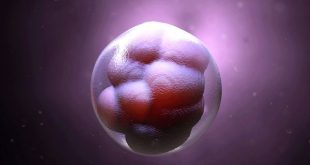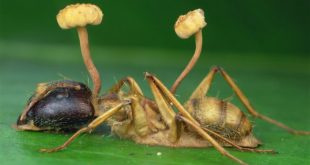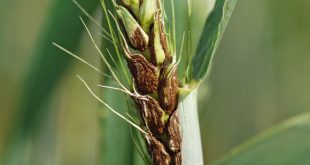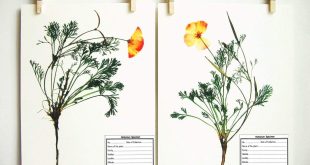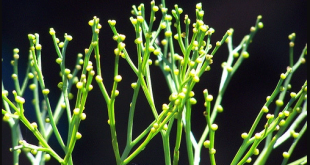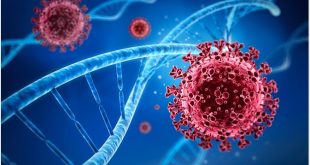We’ve all enjoyed the sweet, juicy taste of fresh strawberries, but have you ever wondered what those tiny white dots on the surface are? Many people mistake them for seeds, but they’re actually a completely different part of the fruit. In this article, we’ll take a closer look at those …
Read More »Blog Layout
Exploring The ‘Doomsday’ Seed Vault: VR Tour
The “Doomsday” Seed Vault, also known as the Svalbard Global Seed Vault, is a secure facility located on a remote island in Norway. Its purpose is to preserve the world’s plant biodiversity by storing seeds from crop plants, wild relatives, and other plant species in case of a global catastrophe. …
Read More »Establishing Calluses: Tissue Culture
Callus culture is a widely used technique in plant research and breeding. It involves inducing the formation of calluses, which are undifferentiated masses of cells that can be regenerated into whole plants. Establishing and maintaining calluses in tissue culture is a crucial step in many plant research studies. However, it …
Read More »Cellular Totipotency: From A Single Cell to A Fully-Formed Organism
Creating a fully-formed organism from a single cell is one of the most remarkable feats of biology. While this may seem like a daunting task, every living organism begins its life as a single cell that has the potential to differentiate and develop into every type of cell found in …
Read More »Ophiocordyceps: The Zombie or Brain-manipulating Fungus
Host manipulation induced by parasites is broadly distributed in nature and it has been a topic of several studies over the past decades (Thomas et al. 2010). Ophiocordyceps unilateralis (Clavicipitaceae: Hypocreales) is a fungal pathogen-specific to ants of the tribe Camponotini (Formicinae: Formicidae) with global distribution. Among these myrmecophilous species, this so-called …
Read More »Crop Diseases: Top 10 Economic Importance
Crop diseases are a major concern for farmers and agricultural economies worldwide. These diseases can significantly impact crop yields and quality, leading to economic losses and food insecurity. In this article, we will discuss the ten most important economic impacts of crop diseases. 1. Yield Reduction Crop diseases can have …
Read More »Herbarium: History, Importance & Herbarium Sheet Preparation
Herbarium, a dried plant museum has such importance in taxonomy. It helps a taxonomist identify new species by matching one to a herbarium sheet preserved in it. It also helps in teaching the students of plant science. Also preserves the specimen for future research and study. What is Herbarium? Previously …
Read More »Psilophyta: The Simplest Form of Vascular Plants
Plants have been a crucial part of the earth’s ecosystem for millions of years. From towering trees to tiny mosses, they have diversified and adapted to various environments. One group of plants that has remained relatively unchanged for hundreds of millions of years is the Psilophyta, also known as whisk …
Read More »Virus: Definition, Discovery, Characteristics,and Structure
Viruses are the smallest microbes on the planet. They are said to be so small that 500 million rhinoviruses (the causative agents of the common cold) could fit on the head of a pin. They are distinct in that they are only alive and capable of multiplying within the cells …
Read More »Greenwashing: A Technique to Deceive Environmentalists
Greenwashing is an evolutionary technique developed by large corporations. It’s an emerging strategy to deceive environmentalists. Like every other country, many large companies in Bangladesh are also following this technique to grab the attention of people who are prone to buy products from environment-friendly companies, not from others. This strategy …
Read More » Plantlet The Blogging Platform of Department of Botany, University of Dhaka
Plantlet The Blogging Platform of Department of Botany, University of Dhaka
